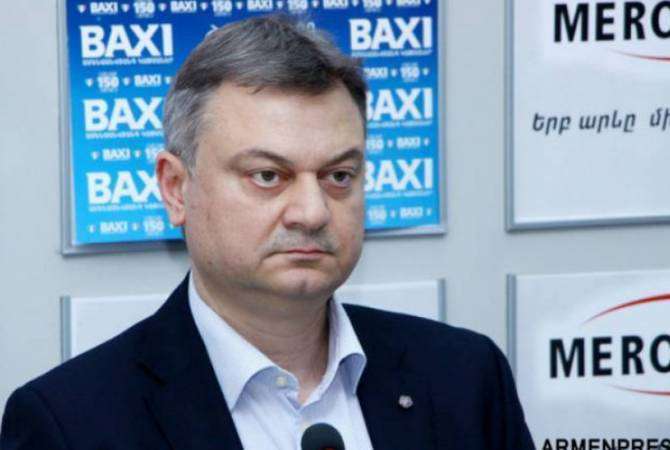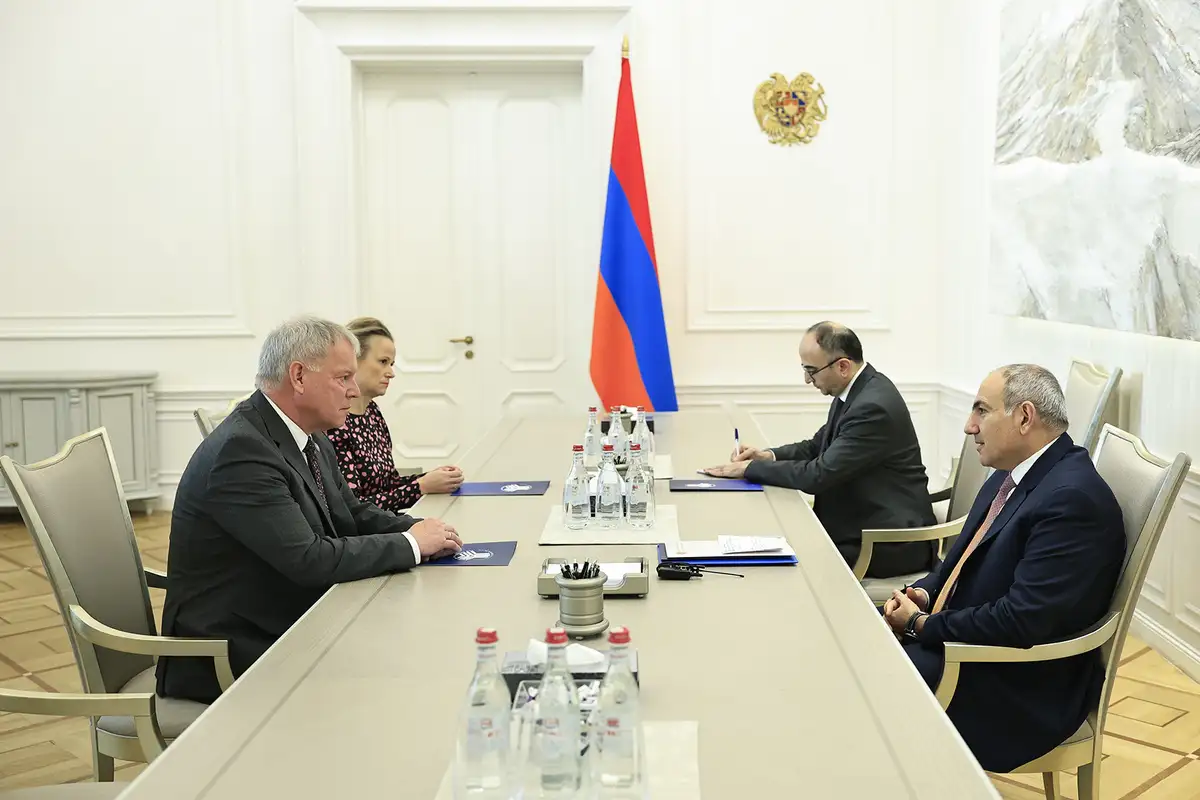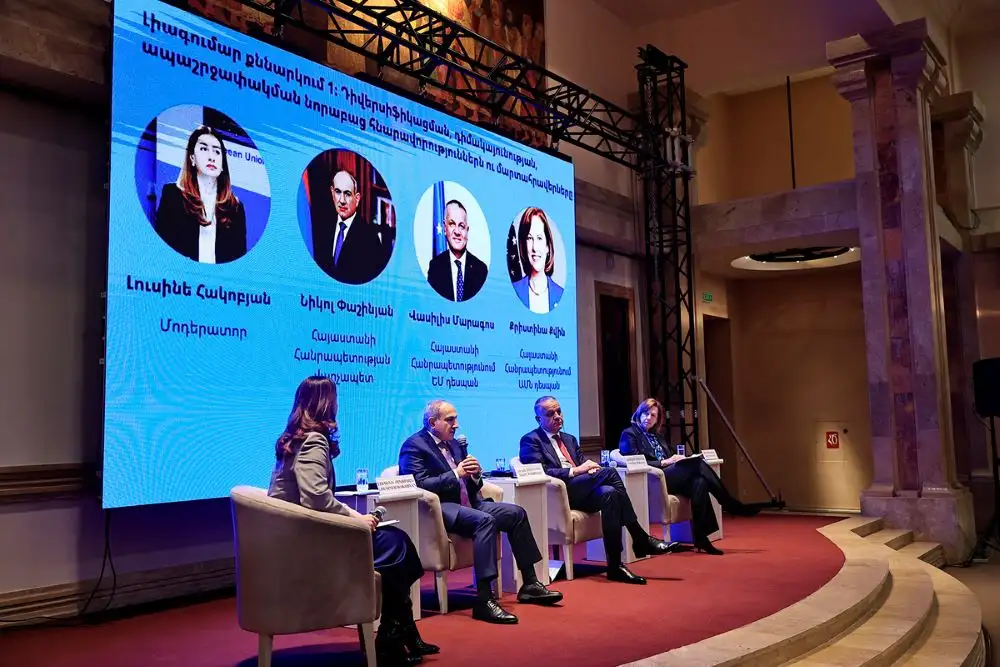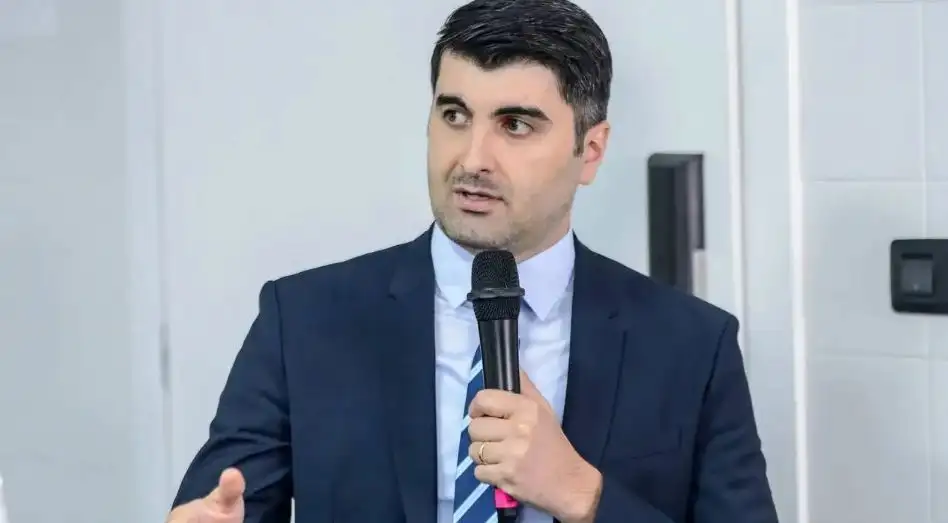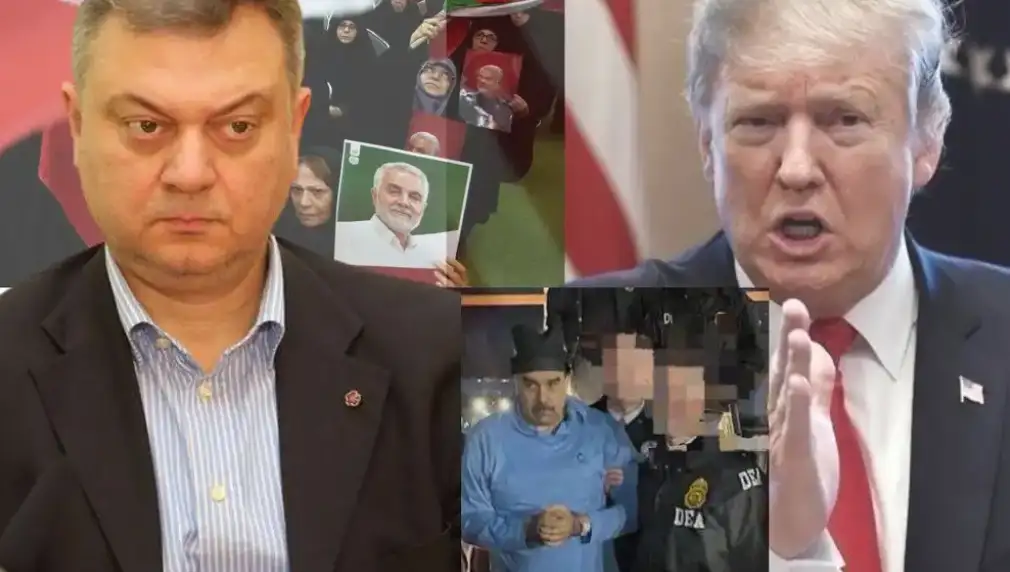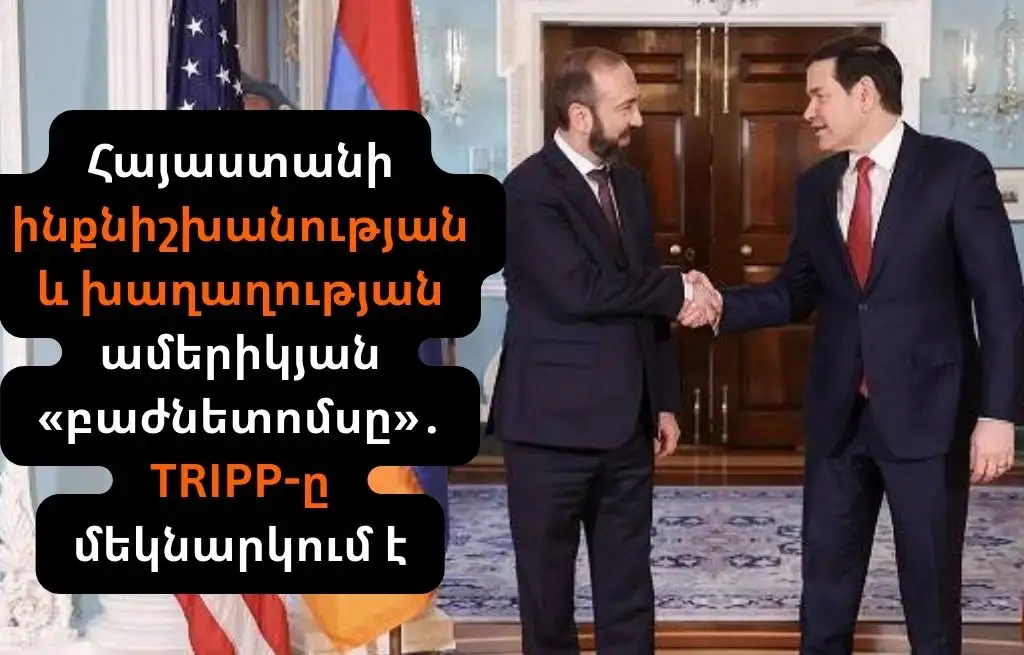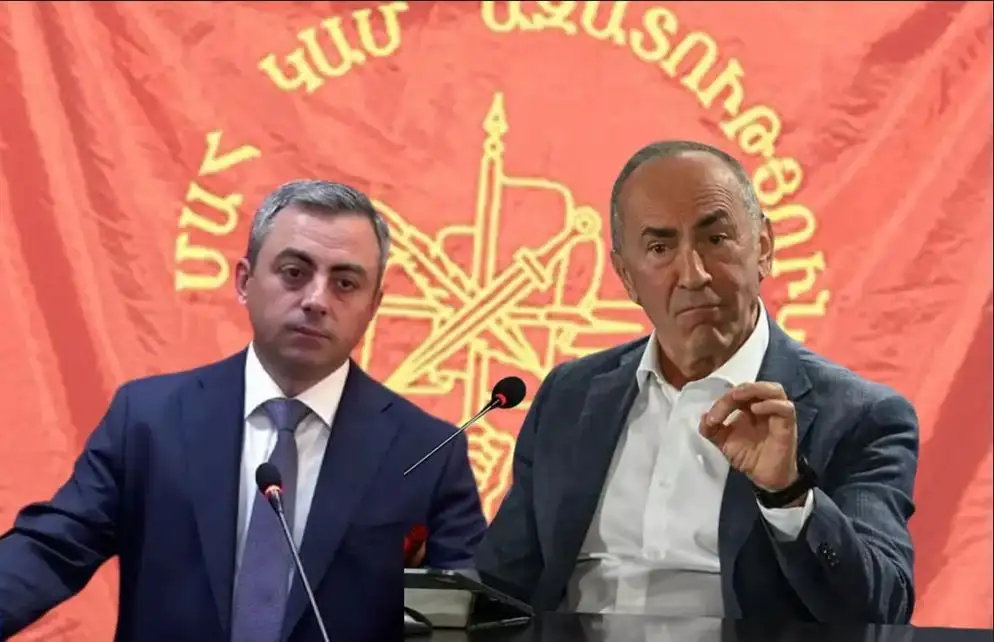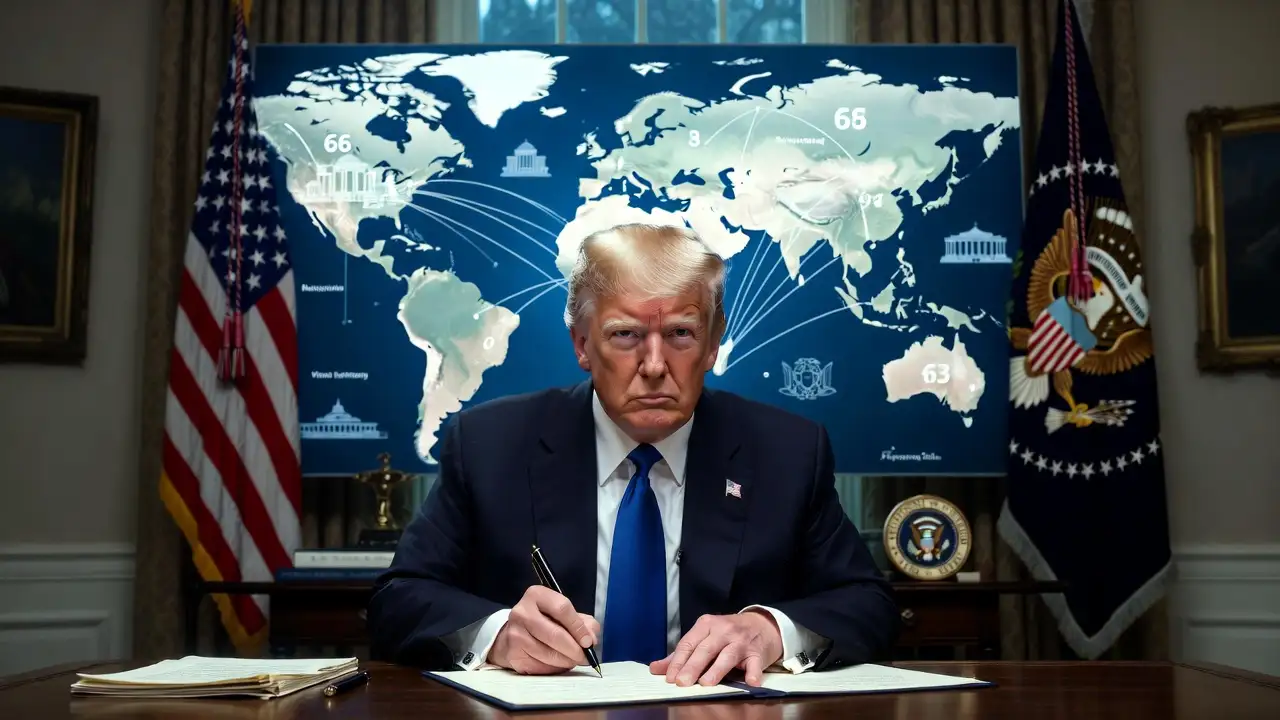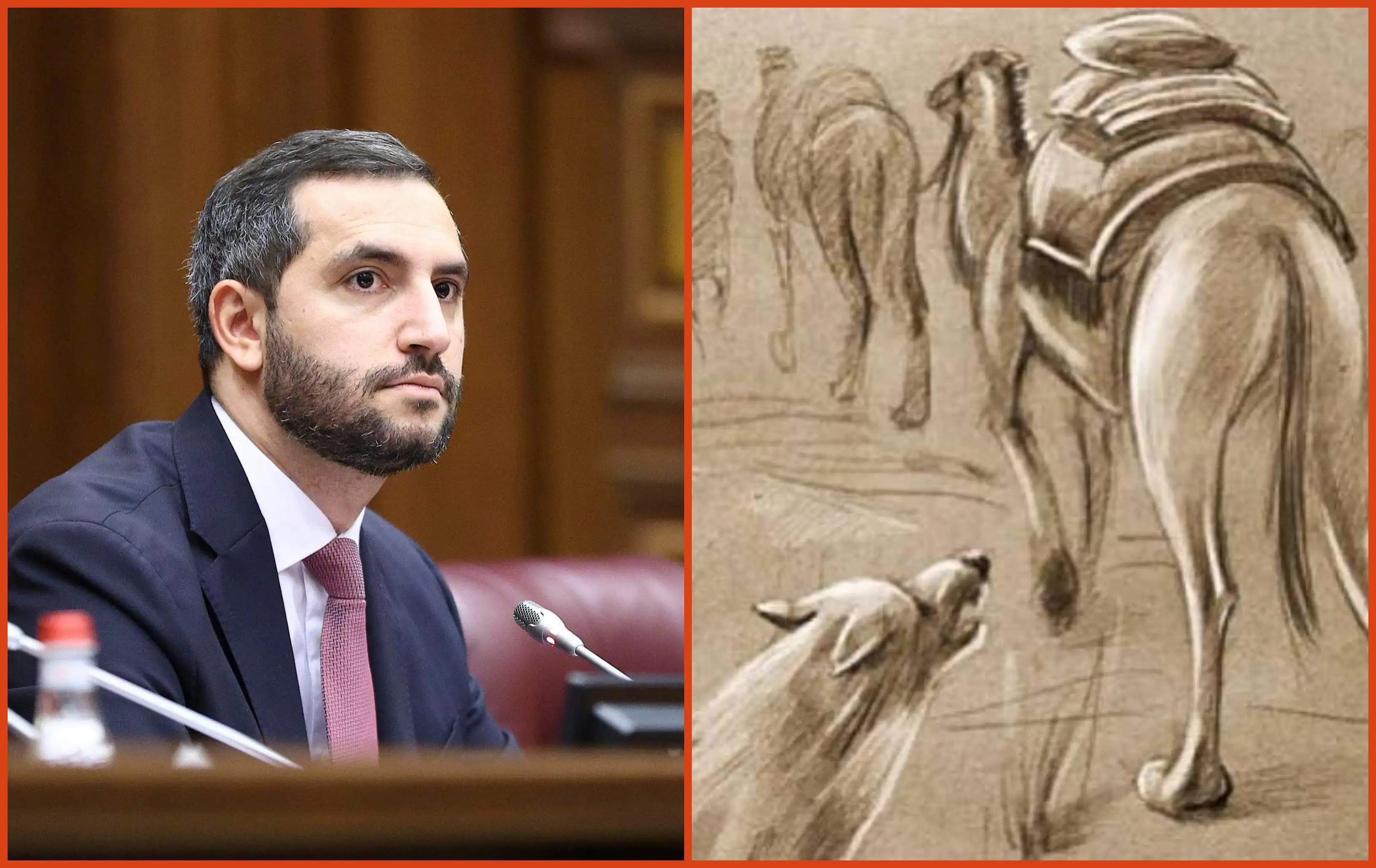Radar Armenia's interlocutor is Shahan Gantaharyan, an international scholar.
- The Canadian Embassy was opened in Armenia. Canada is the first non-EU country to express its desire to send observers, and 2 observers will soon arrive in Armenia. What effect might these realities have on security?
- The geopolitical processes in the region accelerated the implementation of the decision to open the Canadian embassy. The opening was accompanied by the decision to send a mission of observers. Canada will not be the only one in this regard. Other states will follow. Likewise, other states will complete the number of consulates in Syunik.
- On October 25, the Prime Minister of Azerbaijan met with the Minister of Trade and Industry of India and noted that the active arming of the Armenian side is a severe blow to the peace process and creates new threats to peace and stability in the South Caucasus region. What does Azerbaijan mean to India?
- Baku uses such rhetoric not only when talking with India but also with France. In any state where Yerevan signs a deal to sell military equipment, Baku will speak in the same style and content. Any attempt to restore the balance of power will be met with opposition like Baku.
- A 3+3 format match was held in Iran, in which the Georgian side did not participate. What significance can this platform have in terms of the regulation of Armenian-Azerbaijani relations?
- Georgia's non-participation is due to Russia's participation. With 3+3, an attempt is made to involve Iran and push out the West. There is an inevitable overlap of interests in the Ankara-Baku-Tehran relationship.
This format replaces the 9th point of the November tripartite, which had nothing to do with the ceasefire. That clause spoke about the unblocking of the entire region and the establishment of new channels. There is a significant difference, of course. The November tripartite was cancelled. The principal architect, mediator, and guarantor there was exclusively the Russian Federation. Now, it already shares that exclusive role with Iran and Turkey. The format will be fully functional once Georgia joins. And the accession of Georgia implies the green light of the West.
- Maria Zakharova, referring to criticisms of the CSTO, stated that if Armenia agreed to deploy CSTO observers, several problems could have been avoided. He also noted that Yerevan preferred the EU mission, which is engaged in collecting information against Russia and Iran. With such statements, is the Russian side trying to influence Armenian-Iranian relations, or should this be considered only in the context of the competition between the Russian Federation and the West?
- The peacekeepers or the observation mission are unable to influence the military events taking place on the ground when there is no political or, rather, geopolitical decision. The problem is that, in this case, the Russian Federation takes its actions based on its interests and puts the responsibility for them on the Armenian side. Yerevan, with its statements or steps taken, gives full excuses to the Russian Federation to take those steps or to remain in passive positions. The fact of Azerbaijan's invasion of Armenian sovereign territories was not recorded in the CSTO. That reality is lost in the circle of the task of demarcation.
The statements should be considered collectively, mainly within the limits of the West-Russian and, in some respects, Iran's spheres of influence competition. The statement coincides with the economic policy strategy of 3+3, in which Iran was involved.
- Russian Deputy Prime Minister Overchuk also stated that Armenia is not part of the North-South Corridor because it needs a clear position. And the Azerbaijani side notes that the Syunik road is no longer attractive. If Armenia is left out and does not become part of the North-South, what will be the consequences?
- Overchuk's statement complements the statements made about the new direction of the Zangezur corridor. The Turkish-Azerbaijani alliance has agreed with Iran to change the direction of the road. Here, however, it is not only about "bypassing" Yerevan. The Russian border security forces would control those Turkey-Nakhijevan-Azerbaijan land routes in the Noyemberyan tripartite. With the change of geographical direction, the Russian Federation lost that critical circumstance. They are trying to launch North and South separately. Now, Overchuk is talking about bypassing Armenia in this direction as well.
The paradoxical situation is that by including Armenia in "3+3", they are trying to push Armenia out of the regional economic channels. Both on the Turkey-Azerbaijan route and the North-South route, Iran gets a new role in terms of blockades.
Hayk Magoyan




